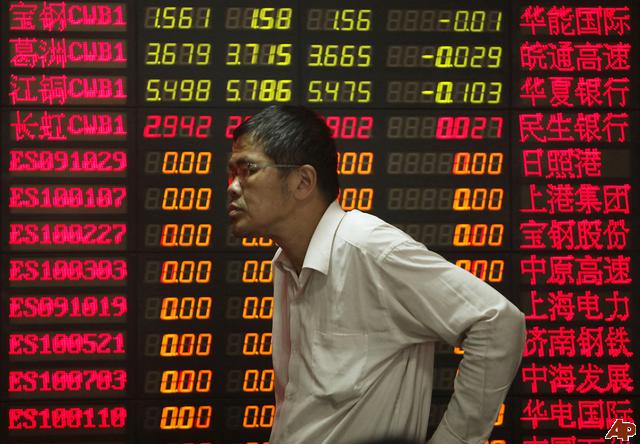Sitting on a plane is ample time for thinking. Cramped in a small space, lights dim, faint snoring behind you, the only real noises are your thoughts – and of course the occasional Arcade Fire song. It got me thinking about the corporate leaders, business owners, diplomats, investors around me, which led me to wonder: where are our mentality ill friends?
That’s when I realized, out of the four years I have lived here, I have seen not twenty, not ten, but two mentally ill people in China. TWO. In my public school in California, there were at least four attending the school and they were a vital part of our education and community. I see their posts on Facebook, selfies, pictures of them participating in pep rallies and football games. This is where dichotomy exists, in China, they are not given the chance to coexist and thrive in society. The fact of the matter is, mentally ill people are warded off into undeveloped suburbs, compounds, or even hospitals. Attached are stigmas and even worse, the government turns a blind eye to their rights, health, and living conditions.
According to a 2012 study in the journal Lancet, China has 173 million people with some sort of diagnosable mental disorder and of those, 158 million have never received any treatment. Where are all these people?
- China is extremely ill-equipped to provide the health care needed, China averages one psychiatrist for every 83,000 people.
These statistics display a stark truth and propose a question:
The truth: The nation requires a 180 degree change in their course of action: the first step being to stop ignoring this population of people.
The question: What came first, the ill-equipped care or the stigmatization?
Did the stigmatization create just cause to ignore this huge population of people and neglect their needs or did the lack of adequate care cause negative generalizations?
HOWEVER, this is not a hopeless cause.
- Awareness of autism in China has grown in recent years, fueled by parental advocates and autism organizations.
According to the Wall Street Journal:
China also is carrying out its first two large-scale prevalence studies. One is an eight-city, 120,000-child undertaking expected to be completed this year, says Yi Wang, director of the department of neurology at the Children’s Hospital of Fudan University, who is involved in the project. The other an 11-city, 200,000-child study through a collaboration including Cambridge University, the China Disabled Persons’ Federation, Peking University and the National Institute of Biological Sciences, says Liping Wei, a prominent autism researcher involved in that study.
Clearly, China is still in its preliminary stages in terms of adequately dealing with mental illness. China only has begun its research, however, this does provide that through legitimate organizations they are attempting to gain understanding and insight on illnesses. However, the progress will be undeniably painstakingly slow, and the hundreds of million mentally ill are still suffering, are being denied of their rights, and are not given the opportunity to exist alongside others in society.
No one in China has mentally ill friends, coworkers, rarely have people seen them enter stores or restaurants. When they do, however, the Chinese are scared. They are unaware of who these people are, they are unaware of how to understand them or to view them as equals.
THE PROJECT
- Together with the Mental Health Awareness club leader at my school, we will be researching mental illness in China including:
- Institutions
- Hospitals
- Homes
- Schools
- Treatment
- Stigmas
- Laws/Policies
2. Upon doing so, I will be conducting interviews in public areas in Beijing about the attitudes and awareness in Beijing, asking a series of questions to assimilate understanding regarding how the general public is exposed to mental illness and compile them into a documentary.
3. We will create a Sina blog (hopefully we won’t be censored), broadcast the video around our school, attempt to spread it throughout the local community
- I’m also thinking of printing flyers that point to the blog, distributing them and potentially build a following
4. Next, we will visit institutions, facilities, including hospitals, homes, and schools, gather further understanding and create a second documentary for the blog
5. As of now, the last video will aim to educate people on mental illness, how to accept them in society, etc.
Of course this will be an overarching and difficult process that will interfere with schoolwork and being a teenager, but this is a minority that is being overlooked and is thus suffering.
